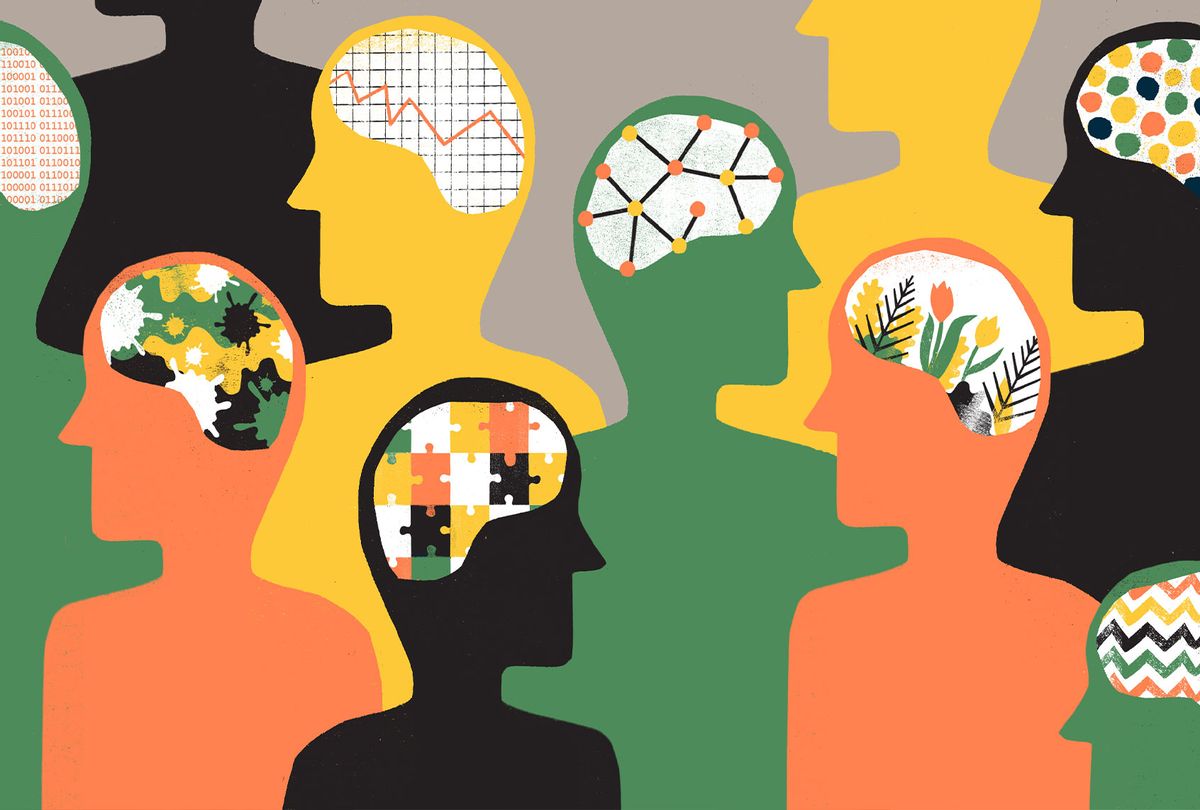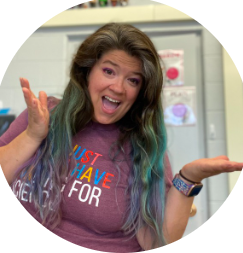Acclaimed pop star Sia found herself in the middle of a negative publicity whirlwind in 2021, when her filmmaking debut “Music” was widely panned by both movie critics and autism activists for its perceived low quality and self-admitted “ableism.” (Full disclosure: I denounced the film at the time as both a movie critic and autism activist.) Flash forward two years and Sia has once again put herself in the headlines this week on an autism-related matter: Speaking on the program Rob Has A Podcast, Sia claimed to actually be on the autism spectrum herself.
“Having a diagnosis or seeking one, or even self-diagnosis, can be a very valuable discovery and tool in your own self-concept and growth.”
“I’ve felt like for 45 years, I was like, ‘I’ve got to go put my human suit on’,” Sia declared. “And only in the last two years have I become fully myself.”
Regardless of one’s views about Sia as an artist or person, her description of autistic life as equivalent to not feeling fully human certainly rings true. Yet autism is not some trendy persona to be adopted by the privileged because it seems chic: It is a real-world medical condition, one that can be clinically diagnosed based on pre-set traits. It is always best if one has access to quality health care to receive an official, medical diagnosis. Self-diagnosis, though appealing, is hard to do objectively. At the same time, there are a few shorthand ways that you can see if it is possible that you are actually autistic.
These criteria include a “preference for sameness, barriers to understanding others’ thoughts and emotions [and] inflexibility in adapting to new situations,” writes Prof. Samuel S.-H. Wang of Princeton University’s Neuroscience Institute. “I think of all of this as being captured in the umbrella phrase ‘aloneness and sameness.'”
As explained by the Centers for Disease Control and Prevention (CDC), autism spectrum disorders operate in patients’ brains by causing them to communicate and interact with their environment in atypical ways — which is why non-autistic people are dubbed “neurotypicals.” Examples of this include cultivating obsessive interests, being easily upset by minor changes, insisting on routines and struggling to both make and maintain eye contact. Yet in some autistic patients, their most conspicuous traits include inattentive behavior (or literal ADHD), while for others it may be hyper-sensitivity to pain. Some autistic people flap their hands, rock their bodies and struggle with anxiety attacks. Others deal with physical disabilities like hand-eye coordination problems or epilepsy.
As one saying goes, “When you’ve met one person with autism, you’ve met one person with autism.”
Haley Moss, an author and activist who is also Florida’s first openly autistic female attorney, elaborated to Salon by email about the highly individualized nature of autistic experiences.
Want more health and science stories in your inbox? Subscribe to Salon’s weekly newsletter The Vulgar Scientist.
“The definition of the autism spectrum is broad. It should be within our reach as a civilization for more and more people to find a satisfactory place.”
“The traits that might be most disabling to me or which major life activities are substantially limited for me personally are not the ones that might apply to another autistic person, especially and including someone who may also be non speaking and/or have an intellectual disability as well,” Moss explained. “As for assessing whether you or someone you know is autistic, this is great to keep in mind since no diagnosis or group of people is a monolith. You know yourself. Having a diagnosis or seeking one, or even self-diagnosis, can be a very valuable discovery and tool in your own self-concept and growth. But a formal diagnosis goes much further when it comes to protection under the law.”
Moss added that although the law does not include a specific definition for autism, autistic individuals are recognized as disabled and therefore protected under the Americans with Disabilities Act. As for her own personal definition, “I use a blended version of the Autistic Self Advocacy Network’s definition and the DSM definition. Autism is a complex neurological condition and developmental disability characterized by a spectrum of differences in social communication and interaction, heightened sensory processing and experiences, intense passions or interests and repetitive behaviors.”
Although autism can be disabling, that does not mean that autistic people cannot overcome their neurological challenges and lead successful lives. When Dr. Wang was asked about the most common stigma surrounding autism that needs to be dispelled, he identified “the idea that it is difficult for persons on the spectrum to lead fulfilling and productive lives.”
“Modern society creates many possible roles, and the definition of the autism spectrum is broad,” Wang wrote to Salon. “It should be within our reach as a civilization for more and more people to find a satisfactory place. This is especially true as therapies and treatments help people to develop to reach their potential.”
All of this brings us back to Sia, who was reportedly suicidal after the critical backlash to “Music” and recently described her mental health and drug counseling. When talking about her autism diagnosis, the pop star explained that “being in recovery and also knowing about which kind of neurologicality you might have, or might not have, well, I think one of the greatest things is that nobody can ever know you and love you when you’re filled with secrets and … living in shame.” It is doubtful that any autistic person would disagree that struggling in secret is extraordinarily painful.
Yet there is also hope. The first step is knowing yourself.

















Discussion about this post